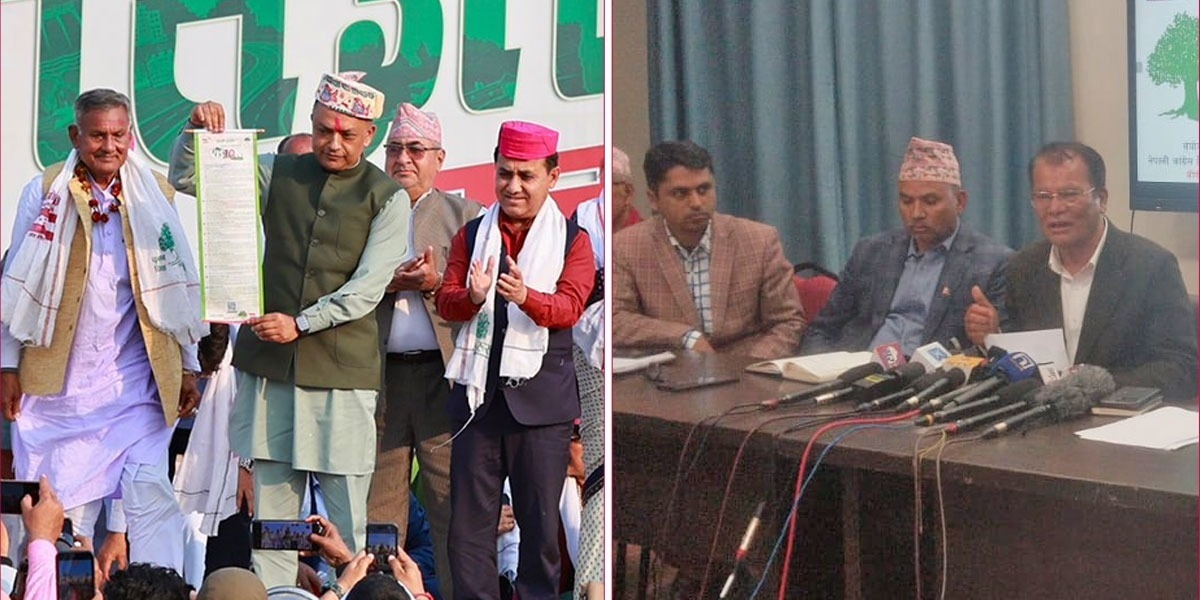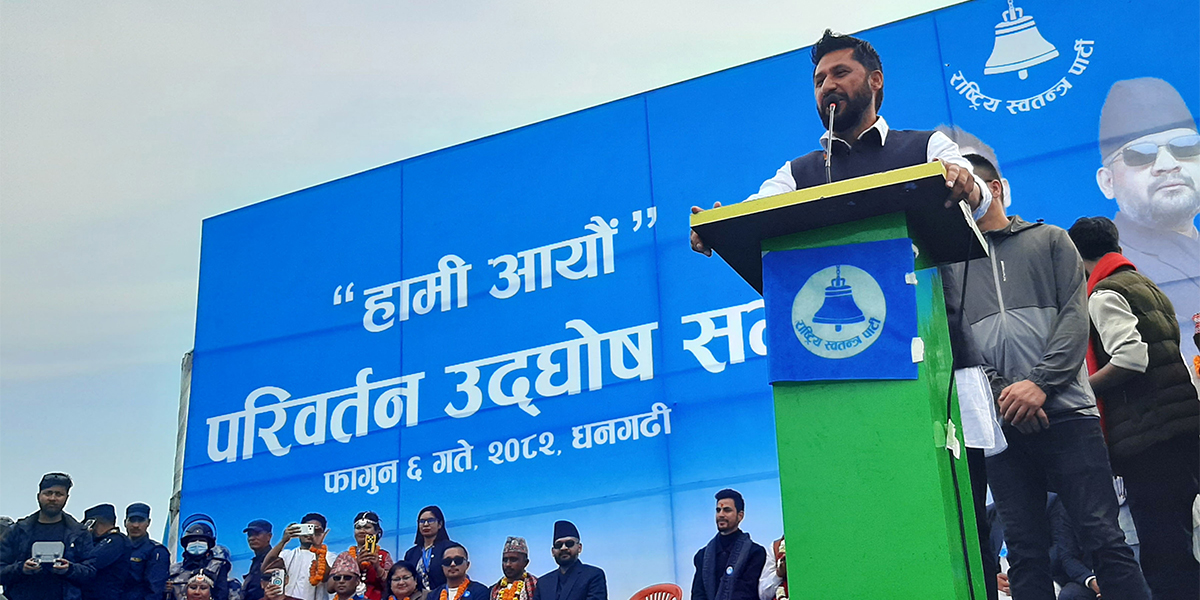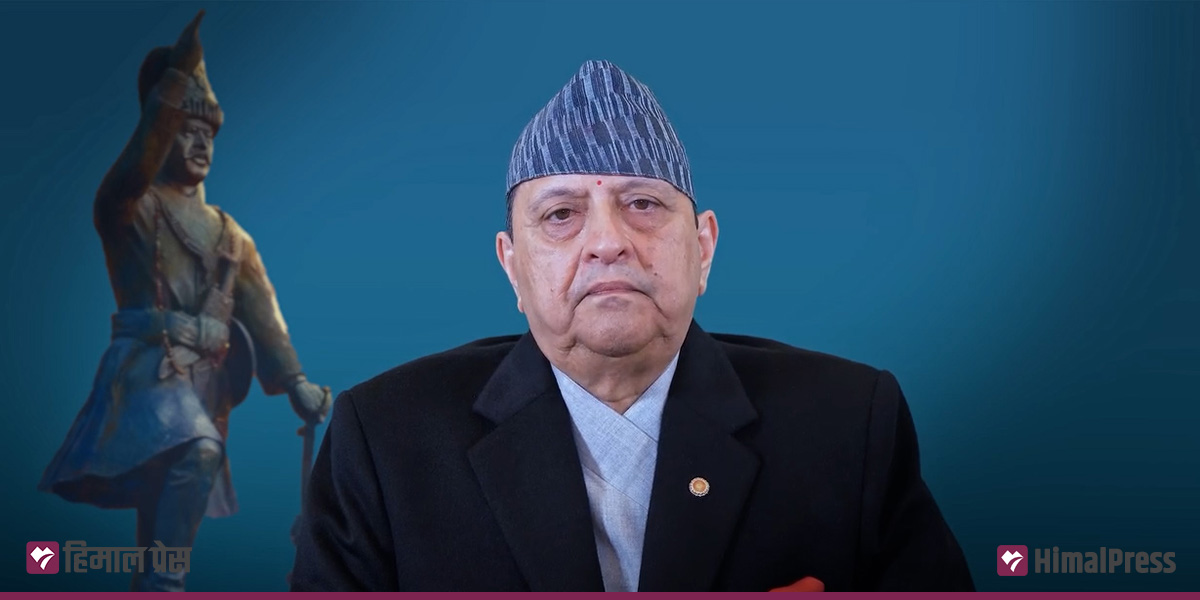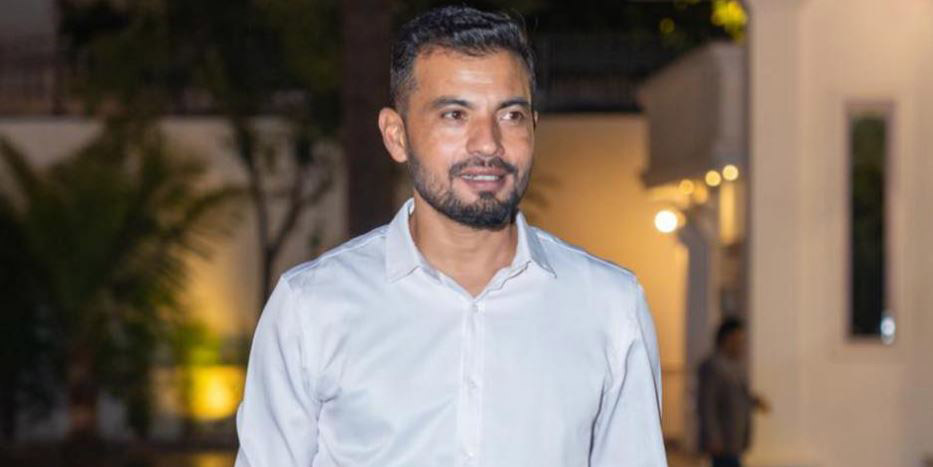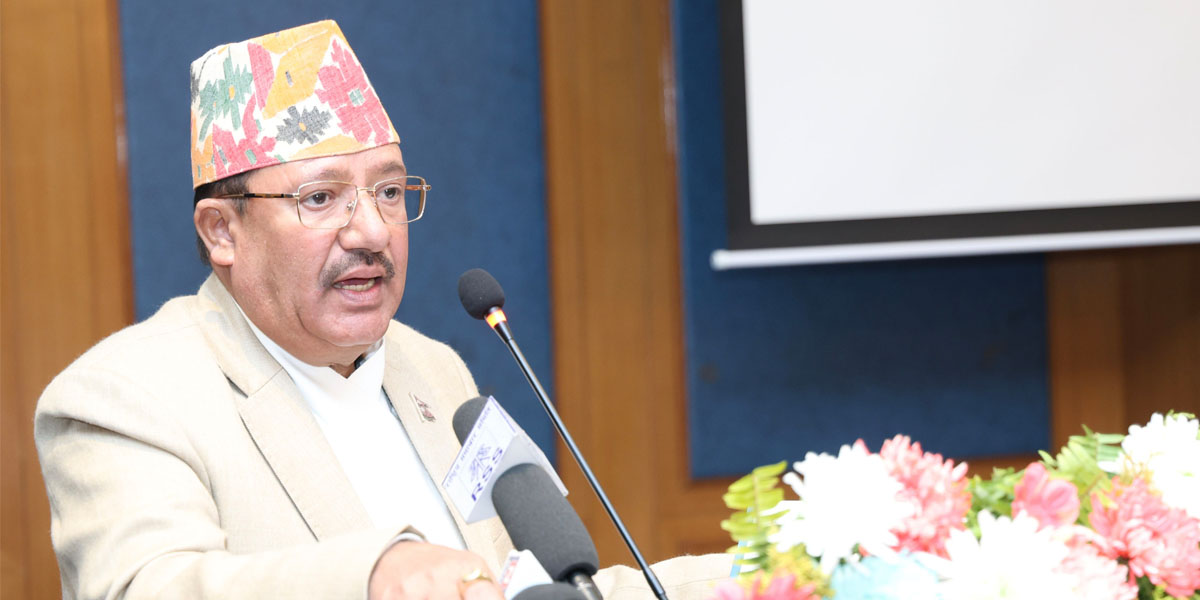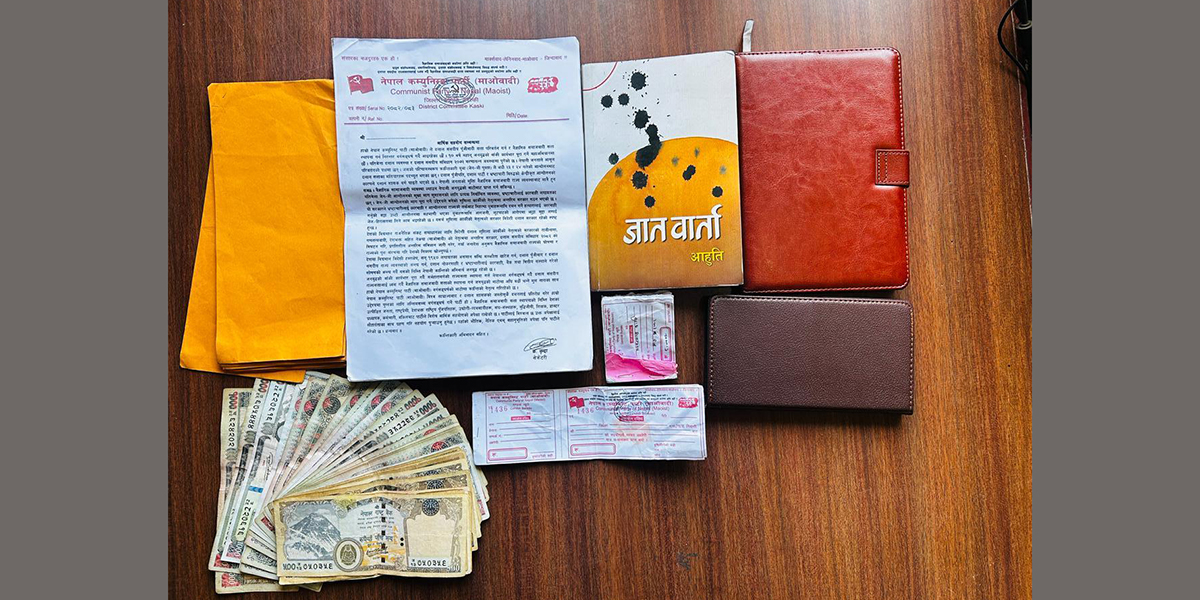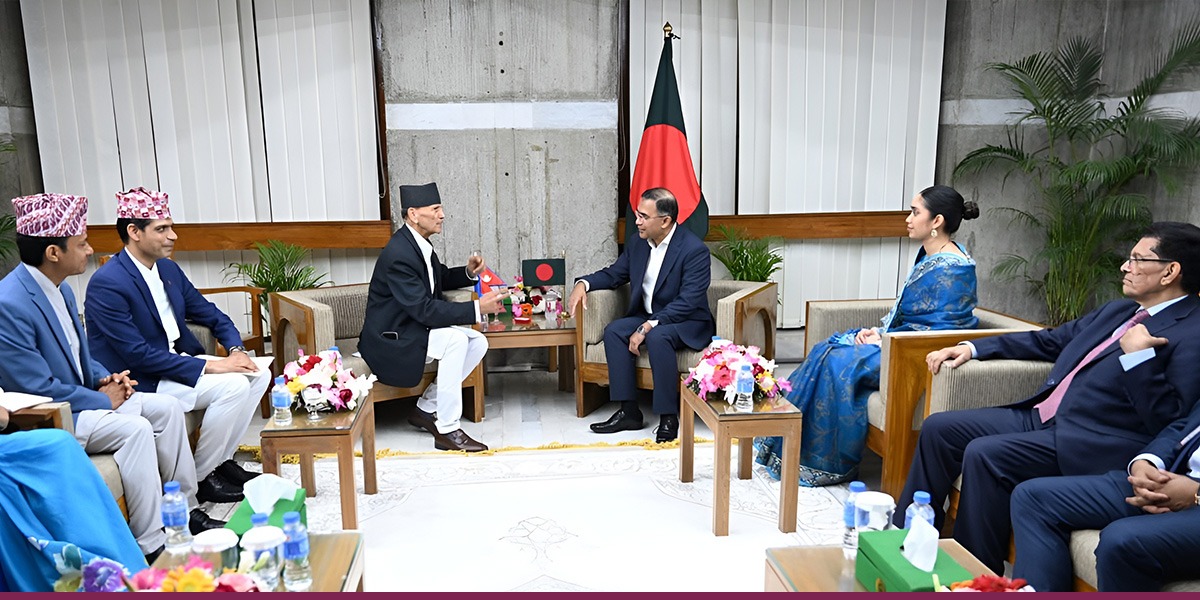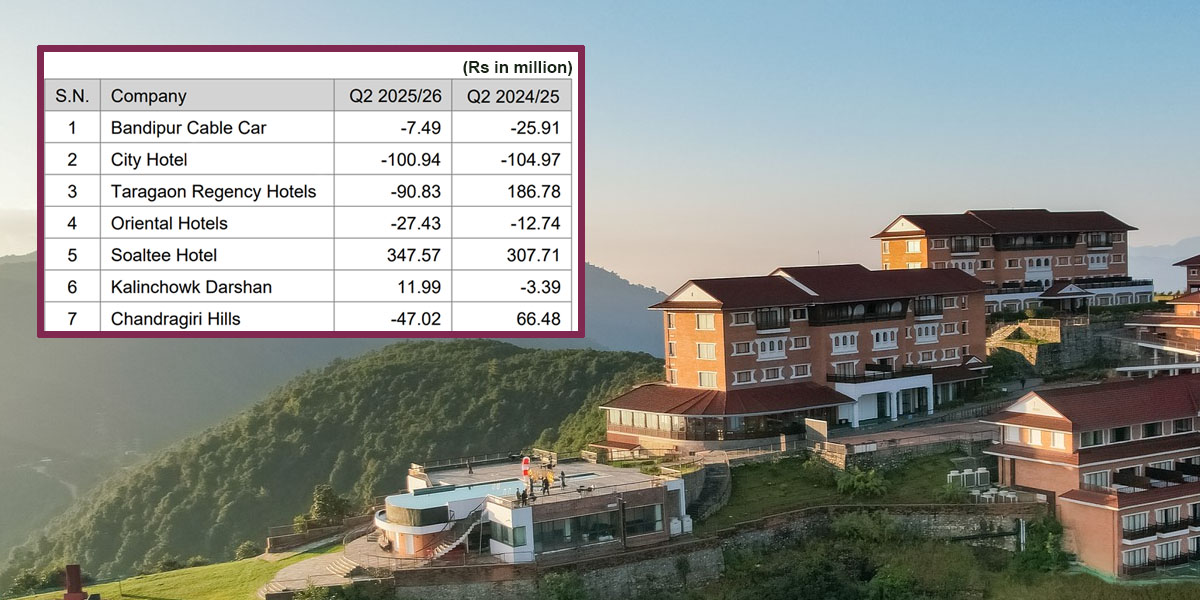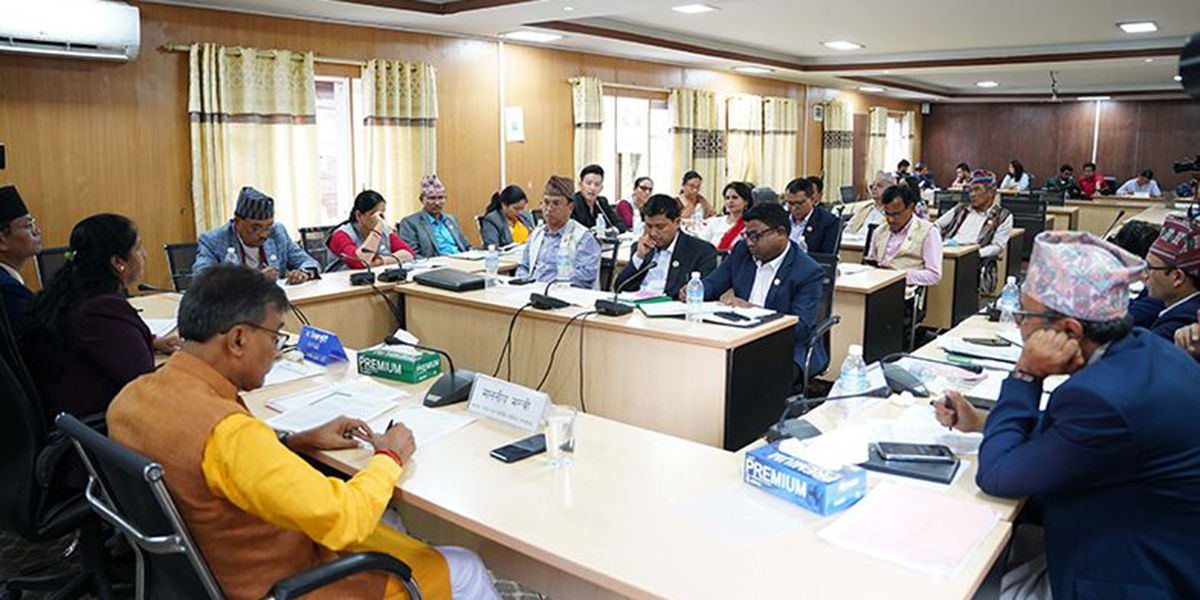
KATHMANDU: The Law, Justice, and Human Rights Committee of the House of Representatives unanimously passed the transitional justice-related bill on Thursday.
With this, the process of endorsing the Bill to Amend the Commission of Investigation on Enforced Disappeared Persons and Truth and Reconciliation Act, 2014, which is crucial for concluding the peace process, from parliament has moved forward.
A task force formed by the three major parties—Nepali Congress (NC), CPN-UML, and CPN (Maoist Center)—reached a consensus on contentious issues in the Bill last week. Minister for Home Affairs Ramesh Lekhak from NC, Mahesh Bartaula from UML and Janardan Sharma from Maoist Center were in the task force.
After a discussion on the proposal tabled by Minister for Law, Justice, and Parliamentary Affairs Ajay Kumar Chaurasia on Thursday, Chairperson Bimala Subedi announced that the bill had been passed unanimously along with the committee’s report. She said she would now write to the Speaker to create an environment for presenting the Bill’s report in the upcoming meeting of the House of Representatives.
The next parliamentary meeting is scheduled for August 14.
During the meeting, committee members stressed the need to expedite the Bill in parliament to provide justice to conflict victims.
About the Bill
The Bill provides a legal basis for two commissions—the Truth and Reconciliation Commission and the Commission of Investigation on Enforced Disappeared Persons—envisaged by the Comprehensive Peace Accord (CPA) signed by the state and the Maoists to end the decade-long armed conflict in 2006 – to investigate cases of serious human rights violations during the decade-long armed conflict.
Although the two commissions were formed as per the law prepared in 2014, the Supreme Court in 2015 ordered the government to remove provisions that granted blanket amnesty to those involved in serious human rights violations such as torture, murder, and rape during the armed conflict.
However, the government and political parties had been dragging their feet to amend the law.
Prime Minister Pushpa Kamal Dahal registered the Bill to amend the Commission of Inquiry on Enforced Disappeared Persons and Truth and Reconciliation Act, 2014, in parliament in March 2023.
Issues Resolved
The three parties have agreed to define intentional and arbitrary killings, rapes and sexual assaults, and enforced disappearance as serious violations of human rights.
The commission can make efforts for reconciliation if victims or perpetrators apply for reconciliation in cases except serious human rights violations. It can also conduct necessary inquiries if an application to provide amnesty to the perpetrators is lodged and can provide amnesty with the victims’ consent.
However, victims unwilling to reconcile can file cases against the perpetrators in court.
Additionally, all disqualified Maoist combatants, as well as the families of security personnel who lost their lives or were injured during the insurgency, will receive reparation and compensation.

 Himal Press
Himal Press 